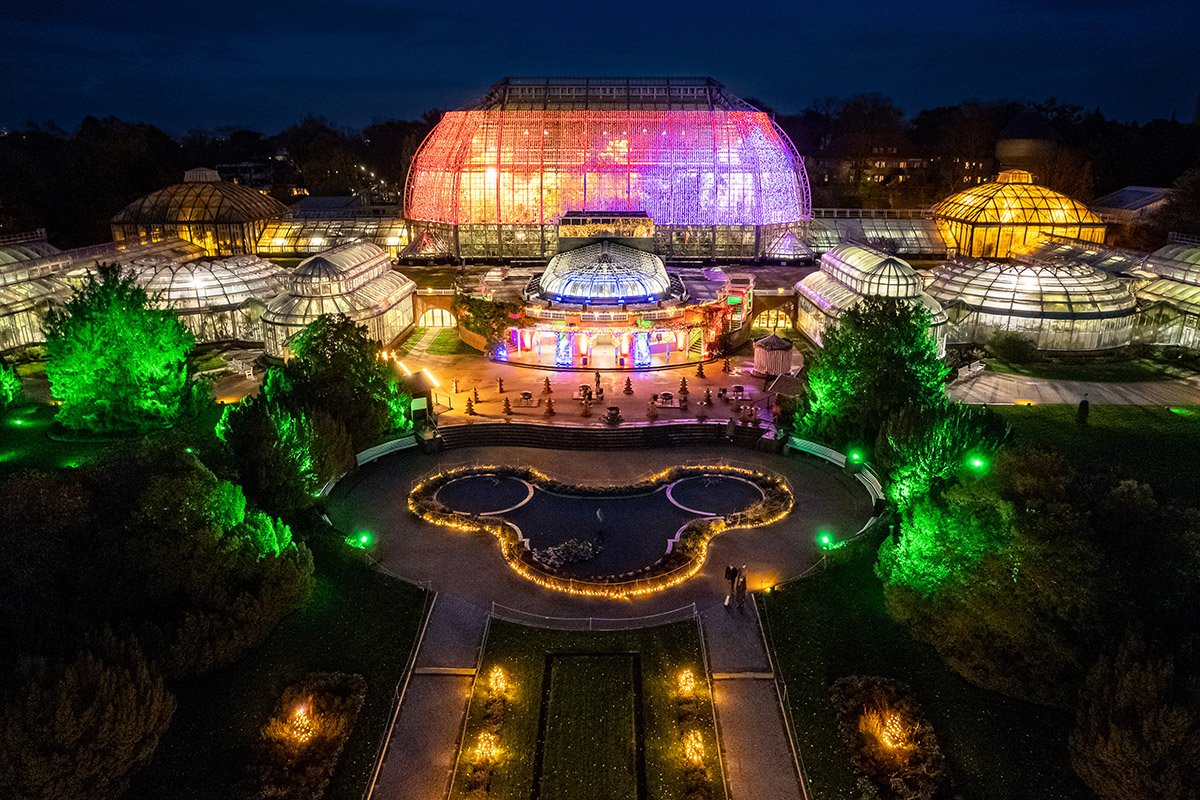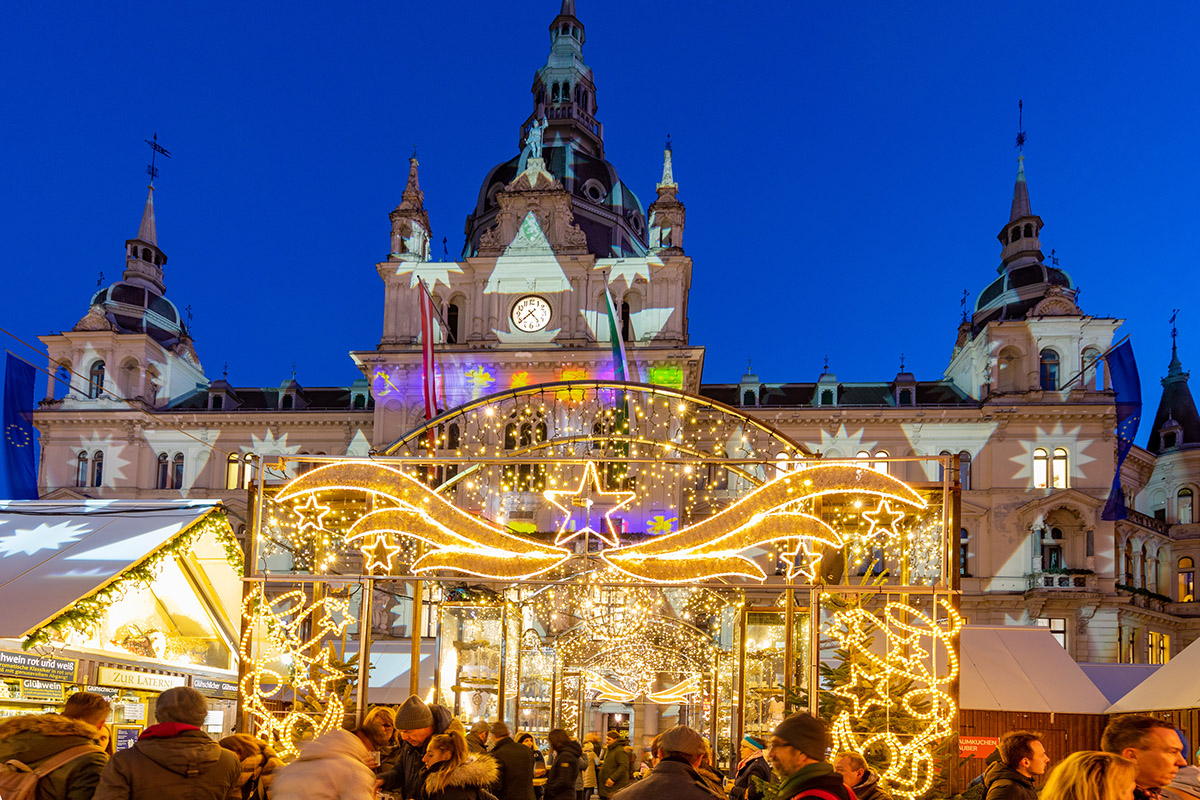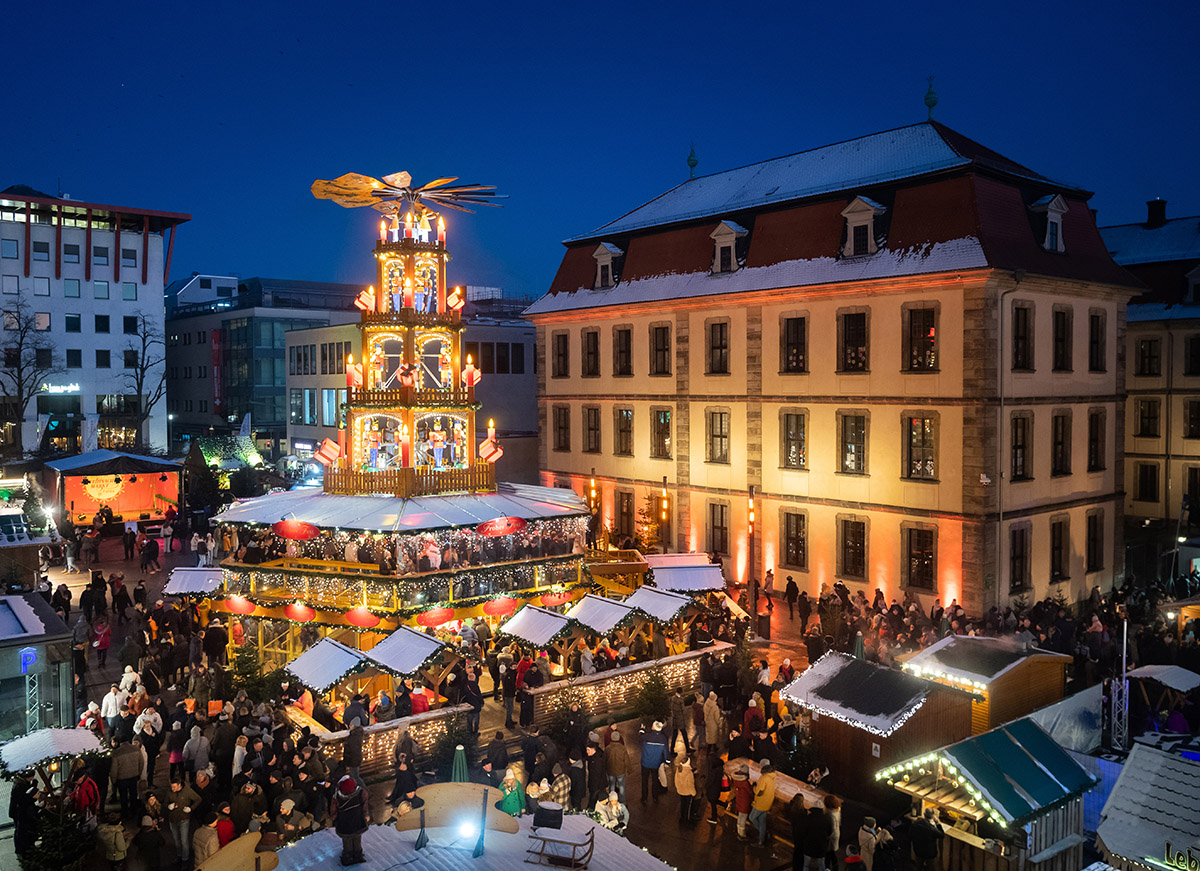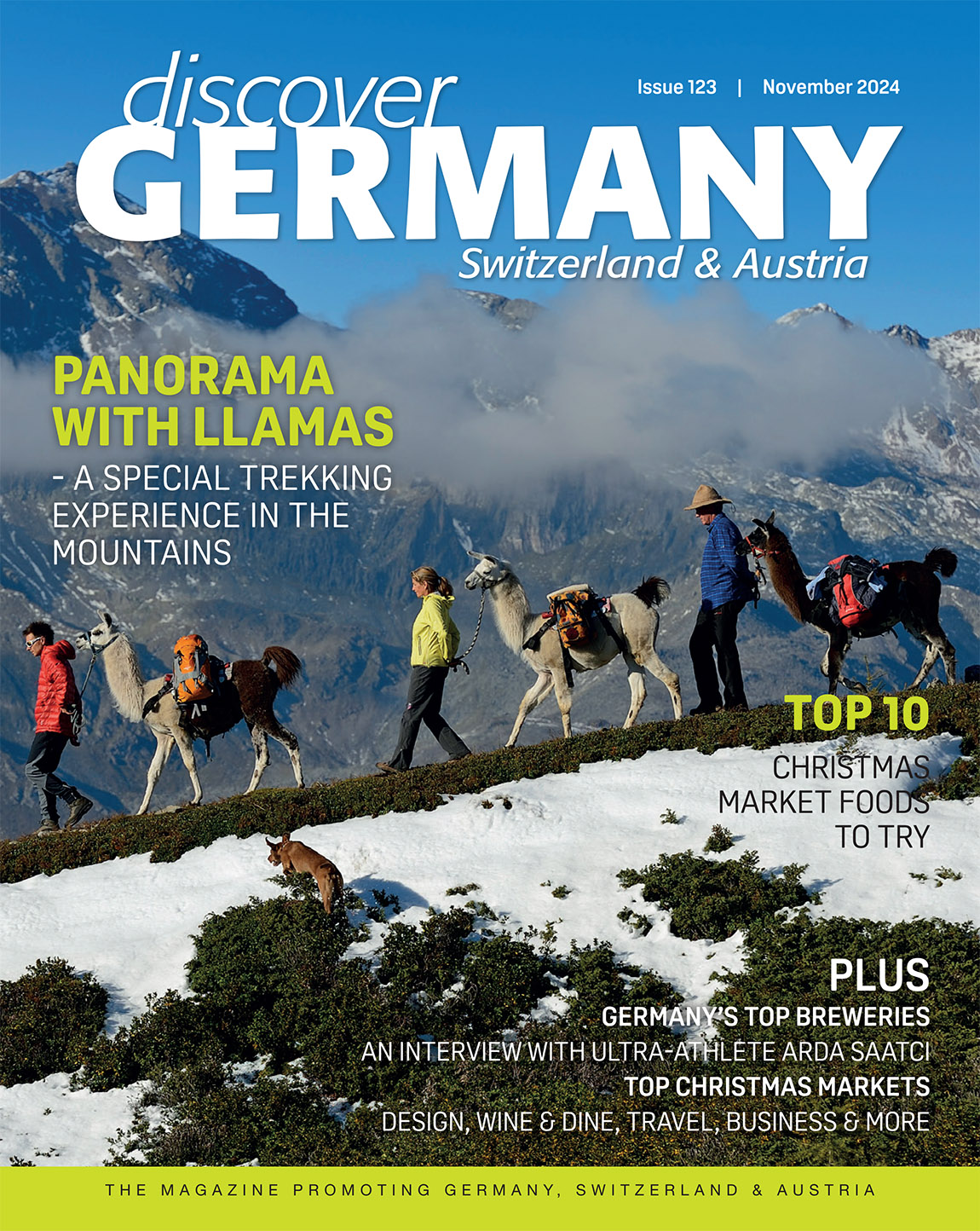What winter sportspeople want
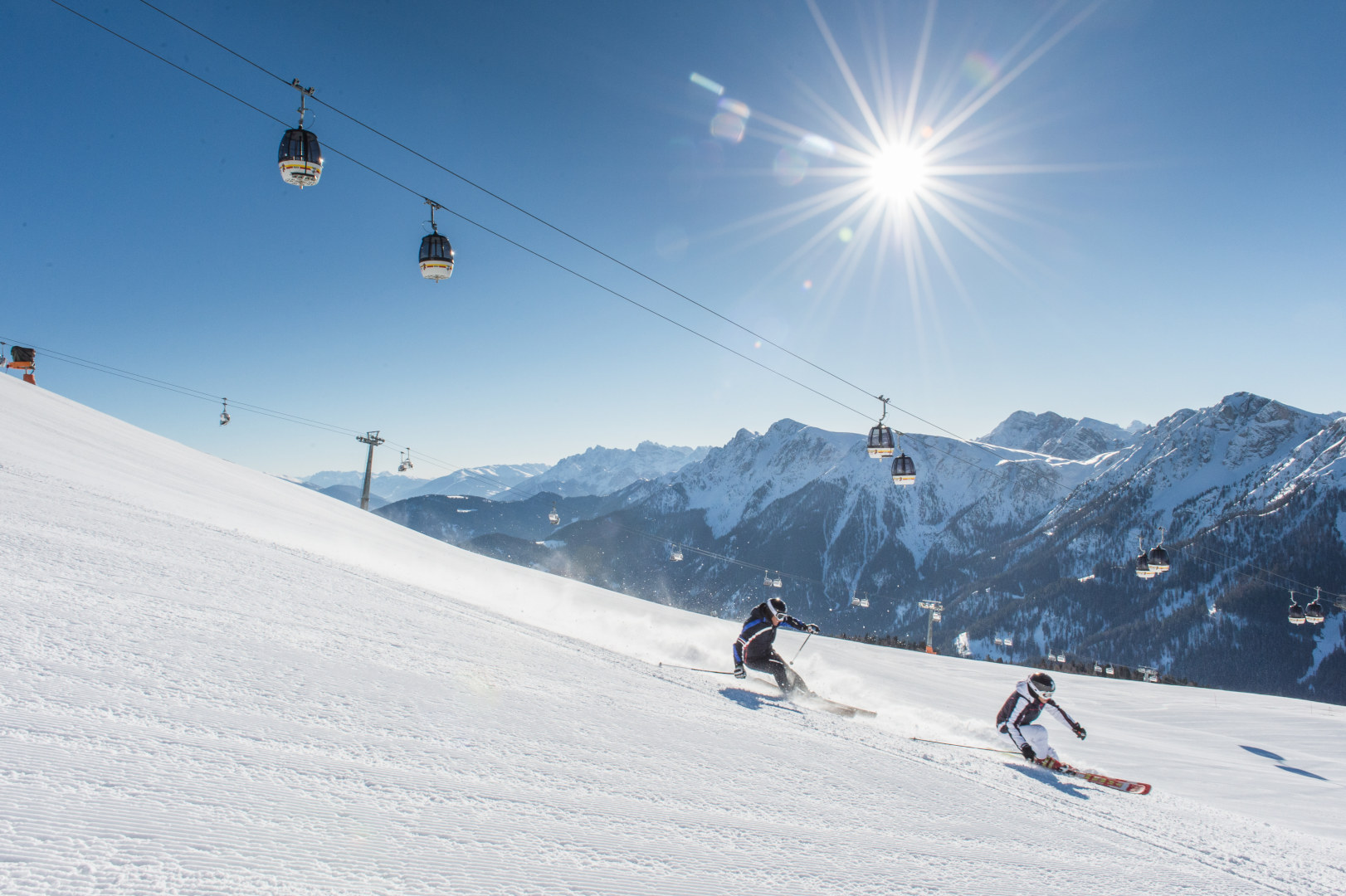
What factors are important for skiers when choosing their next holiday destination? Which ski resorts meet the respective demands? Within the scope of the study ‘Best Ski Resort’ (Mountain Management Consulting in collaboration with the University of Innsbruck/Bozen) around 46,000 winter sportspeople were asked about their preferences and satisfaction in the last season – directly at the pistes of 55 selected top ski areas in the Alpine region. The results were presented on 8 November in Innsbruck.
TEXT: NANE STEINHOFF, C.C. SCHMID | TOP PHOTO, KRONPLATZ © WWW.WISTHALER.COM
The most sought-after place of the overall evaluation was won by South Tyrol’s Kronplatz – guests ennobled the region with especially high satisfaction values – followed by Switzerland’s Zermatt (second place). The third place was shared by Serfauss-Fiss-Ladis in Austria’s Tyrol, and South Tyrol’s Val Gardena in South Italy.
Largest ‘on mountain’ survey in the Alps
Exactly 45,847 skiers and snowboarders were part of the largest ‘on mountain’ survey of the Alps in 2017/18 and answered questions about relevance and satisfaction in over 20 categories. This therefore makes the ‘Best Ski Resort Report’ the industry’s most comprehensive, periodically carried out customer satisfaction study in the Alpine region. It delivers interesting findings about the quality of the ski resorts and guest satisfaction, as well as the most important factors when choosing one’s winter sports destination, to holidaymakers and regional decision-makers alike.

MOUNTAIN RESTAURANT BLUE LOUNGE, ZERMATT. PHOTO: © MYMATTERHORN.COM
Best Ski Resort 2018: Kronplatz
In the overall evaluation, the Italian winter sports region of Kronplatz overtook Switzerland’s Zermatt (second place with 8.51 points) thanks to phenomenal satisfaction values (8.54 points). The overall winner especially excelled in the category of transport comfort, but also made its guests very happy through its snow guarantee, its friendliness and its gastronomy. Third place was shared by Serfauss-Fiss-Ladis in Austria’s Tyrol and South Tyrol’s Val Gardena (both 8.40). Spots five to ten were filled with Italy’s Alta Badia (five), Switzerland’s Grächen (six), Switzerland’s Arosa Lenzerheide (seven), Switzerland’s Aletsch Arena (eight), Italy’s Livigno (nine) and Switzerland’s Laax, as well as Austria’s Sölden, in the tenth spot.
Most important selection criteria: the size
When choosing one’s winter sports destination, the size of the ski region, as well as the range of slopes remain to be the most important selection criteria. The demand for a larger area increases with one’s abilities on the piste. Many ski regions react towards this trend through joining forces with their adjoining regions. Winter sports fans in South Tyrol’s Alta Badia were especially happy here. The region leads the ranking with its new merger with St. Anton am Arlberg.
Expectations shift
In comparison with the study’s previous results, the size category registered declining tendencies, however, while the categories ‘friendliness’ (Switzerland’s Grächen – first place) and ‘safety on the pistes’ (Switzerland’s Zermatt – first place) have greatly gained in significance. The categories of ‘fun & entertainment’ (Switzerland’s Grächen – first place) and ‘nature experience’ (Italy’s Alta Badia – first place) carried more weight too.
The second most important criteria when selecting one’s ski resort remains to be ‘snow guarantee’ (Switzerland’s Saas Fee – first place). Last winter, the demand for snow was fulfilled in most ski regions so that the management of the large amounts of snow was more of a challenge. Switzerland’s Aletsch Arena seemed to have an especially beautiful white carpet on offer for their guests, which rewarded the region with top-notch satisfaction values (first place in the category ‘piste preparation/piste quality’).
As in previous years, Ischgl gained the highest satisfaction values in the ‘après-ski’ category, while Laax remains to be the fun snowpark Mecca of the Alps. Families with children felt most comfortable in Switzerland’s Grächen this year and, in Italy’s Sulden am Ortler, the provided service for price seemed to be especially attractive.

VAL GARDENA. PHOTO © VALGARDENA.IT
Conclusion
All in all, the competition becomes harder. Those who want to remain attractive to holidaymakers not only need to invest and be creative – but also need to focus on clear positioning above all. The increasing touristic offering in winter – with long-distance, city and boat trips – keeps on increasing the competitive pressure on ski regions. Increasing satisfaction values of winter sports fans confirm some regions’ high commitment to new products and increasing service quality. An interesting finding here is that the satisfaction values of the frontrunners increase stronger than those of other ski resorts – with progressive expectations. After all, the more famous (and thus, more expensive) a ski region is, the more critical its guests are. That is why they have to put even more effort in to achieve high satisfaction values.
A clear positioning seems to be hugely important. In other words: what does the region stand for? When a region’s individual strengths are clearly visible for the guests, they tend to rate the region better. According to study director Mike Partel, the greatest challenge remains to be the decreasing loyalty towards ski regions (around 30 per cent of people constantly change their preferred ski region). Even content guests want to see and experience many new offerings – as opposed to previous generations. In the future, it will therefore be increasingly about delighting guests with ‘wow effects’, which result in recommendations.
More rankings and information about the study can be found on the following website:
www.best-skiresorts.com

VILLAGE ZERMATT BY NIGHT. PHOTO © ZERMATT BERGBAHNEN AG
Subscribe to Our Newsletter
Receive our monthly newsletter by email
